It has been exactly two decades since Nigeria’s contingent to the Atlanta ’96 Olympic Games performed heroics that blazed the trail for the Nigerian sporting community. In this article, the writer dwells on the significance of those performances and explicates how sport and Olympic values can develop youths individually and nationally.
The conquests of Team Nigeria at the 26th edition of the modern Olympic Games held in Atlanta, Georgia, USA, in 1996 have left an ineffaceable mark in the hearts of all sport-loving Nigerians. The exploits of the country’s athletes, which culminated in six medals, were a landmark achievement for the Nigerian nation since its first Olympic Games participation in 1952. It also continues to be so even in the face of another Olympic Games currently taking place in Rio de Janeiro, Brazil.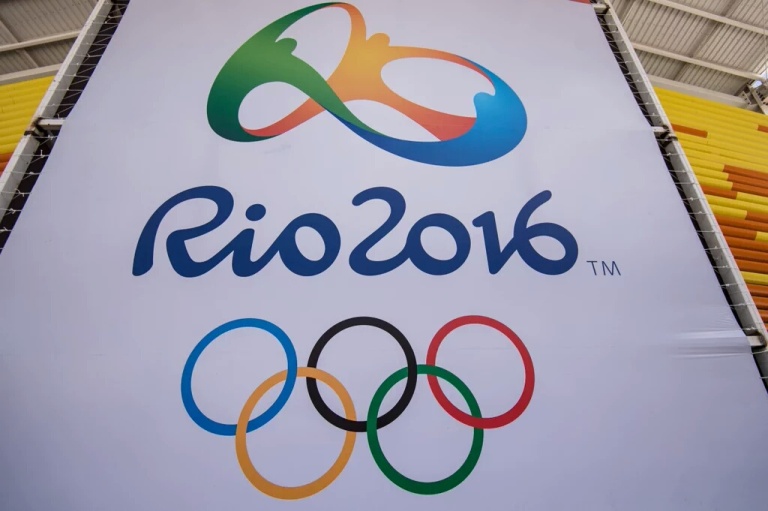 Although Olympic medals have been won at the games by preceding Nigerian contingents prior to that time, it was at Atlanta that Nigeria recorded a number of firsts. Chioma Ajunwa leapt a distance of 7.12 metres at the first try to become the first Nigerian athlete to win a track and field Olympic gold medal. The quartet of Falilat Ogunkoya, Fatima Yusuf, Olabisi Afolabi and Charity Opara won silver in the women’s 4×400 metres relay event. Ogunkoya and Mary Onyali also won bronze medals in the women’s 400 metres and 200 metres athletics events respectively. Duncan Dokiwari completed the trio of individual bronze medals won for the country.
Although Olympic medals have been won at the games by preceding Nigerian contingents prior to that time, it was at Atlanta that Nigeria recorded a number of firsts. Chioma Ajunwa leapt a distance of 7.12 metres at the first try to become the first Nigerian athlete to win a track and field Olympic gold medal. The quartet of Falilat Ogunkoya, Fatima Yusuf, Olabisi Afolabi and Charity Opara won silver in the women’s 4×400 metres relay event. Ogunkoya and Mary Onyali also won bronze medals in the women’s 400 metres and 200 metres athletics events respectively. Duncan Dokiwari completed the trio of individual bronze medals won for the country.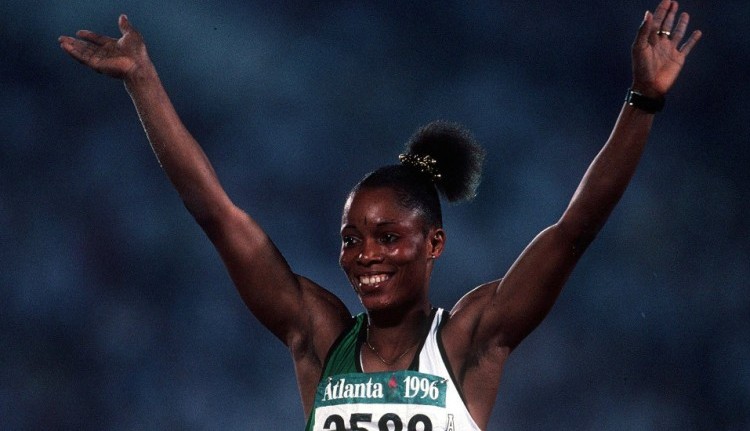 However, the most remarkable achievement of the games for Nigeria was the winning of the “mother of all gold medals” by the under-23 football team (known as the “Dream Team”) in the men’s football event. Under the tutelage of Bonfrere Jo, the team edged past soccer powerhouses Mexico, Brazil and Argentina to put Africa on the global soccer map. It was indeed Africa’s and Nigeria’s most glorious football moment when Kanu Nwankwo and other teammates waved jubilantly in a confetti rain with the gold medals dangling around their necks under the setting Georgia sun.
However, the most remarkable achievement of the games for Nigeria was the winning of the “mother of all gold medals” by the under-23 football team (known as the “Dream Team”) in the men’s football event. Under the tutelage of Bonfrere Jo, the team edged past soccer powerhouses Mexico, Brazil and Argentina to put Africa on the global soccer map. It was indeed Africa’s and Nigeria’s most glorious football moment when Kanu Nwankwo and other teammates waved jubilantly in a confetti rain with the gold medals dangling around their necks under the setting Georgia sun. Although four editions of the Olympic Games have come and gone, “the spirit of Atlanta ‘96” has not been diffused to subsequent Nigerian representatives at the Olympics. The country’s athletes have not been able to surpass or even replicate the exceptional performances of those Olympians. It seems that the protracted failure of Nigerian athletes to excel at the Games since 1996 can be attributed to three major factors: shoddy preparations by all stakeholders, inadequate funding by the Local Olympic Committee and the neglect by the athletes themselves of the values upon which the Olympic Games was founded.
Although four editions of the Olympic Games have come and gone, “the spirit of Atlanta ‘96” has not been diffused to subsequent Nigerian representatives at the Olympics. The country’s athletes have not been able to surpass or even replicate the exceptional performances of those Olympians. It seems that the protracted failure of Nigerian athletes to excel at the Games since 1996 can be attributed to three major factors: shoddy preparations by all stakeholders, inadequate funding by the Local Olympic Committee and the neglect by the athletes themselves of the values upon which the Olympic Games was founded.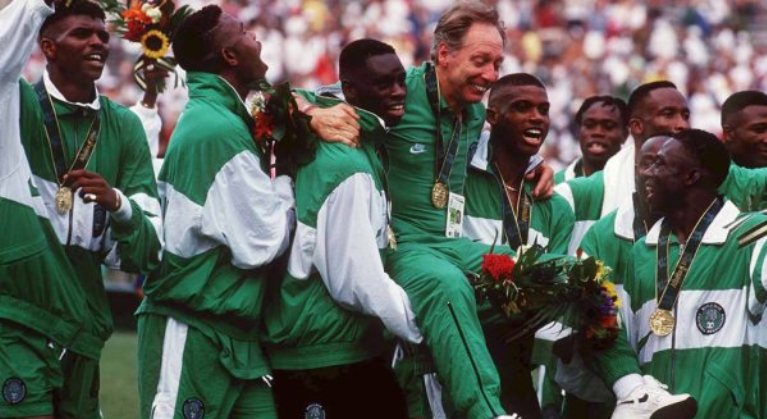 The Olympic Movement stipulates three values (or principles) upon which all Olympians are expected to compete. Excellence is the value which makes an athlete to give his best during the competition; it emphasizes participation, not winning. The friendship value sensitizes an athlete to regard sport as an instrument for mutual understanding which eschews the racial, religious, gender, socioeconomic and political barriers between him and participants from other countries. The third value, respect, lets an athlete dignify himself first, compelling him to perform within the set rules and regulations of sport (fair play) and his environment.
The Olympic Movement stipulates three values (or principles) upon which all Olympians are expected to compete. Excellence is the value which makes an athlete to give his best during the competition; it emphasizes participation, not winning. The friendship value sensitizes an athlete to regard sport as an instrument for mutual understanding which eschews the racial, religious, gender, socioeconomic and political barriers between him and participants from other countries. The third value, respect, lets an athlete dignify himself first, compelling him to perform within the set rules and regulations of sport (fair play) and his environment.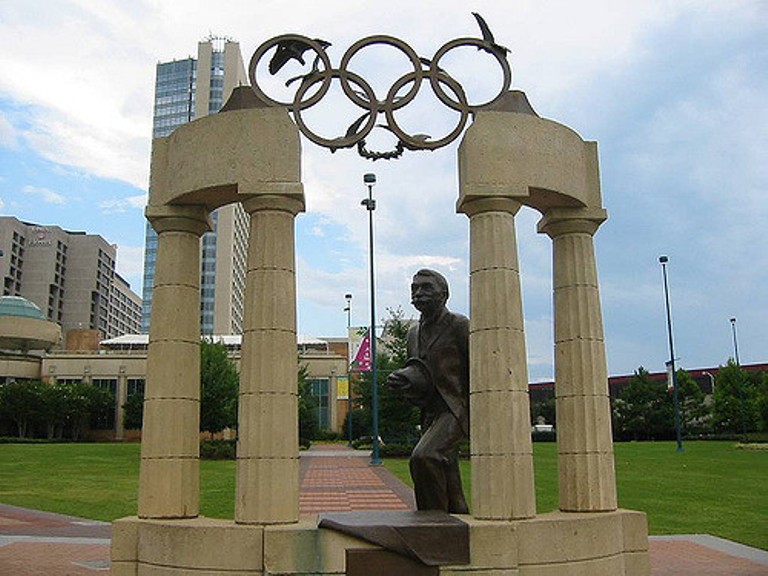 Since the creation of the modern Olympic Games by Baron Pierre de Coubertin in 1896, concerted efforts have been made to make the Olympic values the definitive principles for the role of sports in individual and national development everywhere. One way this can been done is by introducing Olympic education into local school curricula. At the individual level, the Olympic values will make children privy of the fact that merely participating in sporting events does not translate to imbibing positive behaviours. Rather, when youths are taught Olympic values while in school, they will develop life and emotional skills long before they become professionals. They will also maintain a delicate, dynamic balance between their bodies, minds and wills. Further, the pursuit of merit instils in young minds the desire to be the best in their career choices and develop the skills to enjoy wholesome lifestyles.
Since the creation of the modern Olympic Games by Baron Pierre de Coubertin in 1896, concerted efforts have been made to make the Olympic values the definitive principles for the role of sports in individual and national development everywhere. One way this can been done is by introducing Olympic education into local school curricula. At the individual level, the Olympic values will make children privy of the fact that merely participating in sporting events does not translate to imbibing positive behaviours. Rather, when youths are taught Olympic values while in school, they will develop life and emotional skills long before they become professionals. They will also maintain a delicate, dynamic balance between their bodies, minds and wills. Further, the pursuit of merit instils in young minds the desire to be the best in their career choices and develop the skills to enjoy wholesome lifestyles.
At the national level, sport and the Olympic values can be used as tools to forge peace among ethnic groups, races and governments. Global sporting events such as the Olympics Games have the capacity to arrest special national and international attention since they advance human rights and have renowned extensive economic, social and cultural significance. Indeed, modern sports can help to facilitate worldwide humanitarian concepts that can address issues facing all nations. One of these issues is war and peace, and this has inspired the United Nations to fund “sport for peace” projects in recent times.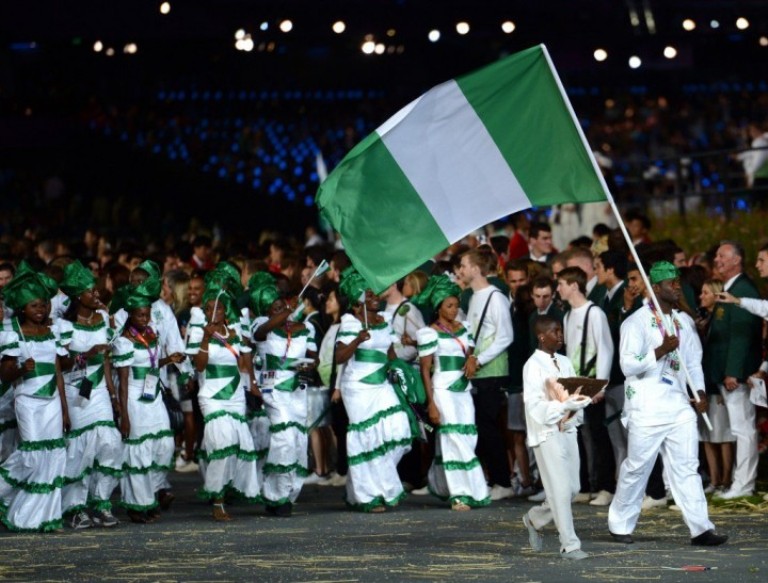 In the light of these surpassing values, it behoves Nigerian athletes at Rio ’16 and beyond to imbibe them so that they can restore Nigeria’s pride and return the country to its sporting zeniths.
In the light of these surpassing values, it behoves Nigerian athletes at Rio ’16 and beyond to imbibe them so that they can restore Nigeria’s pride and return the country to its sporting zeniths.

